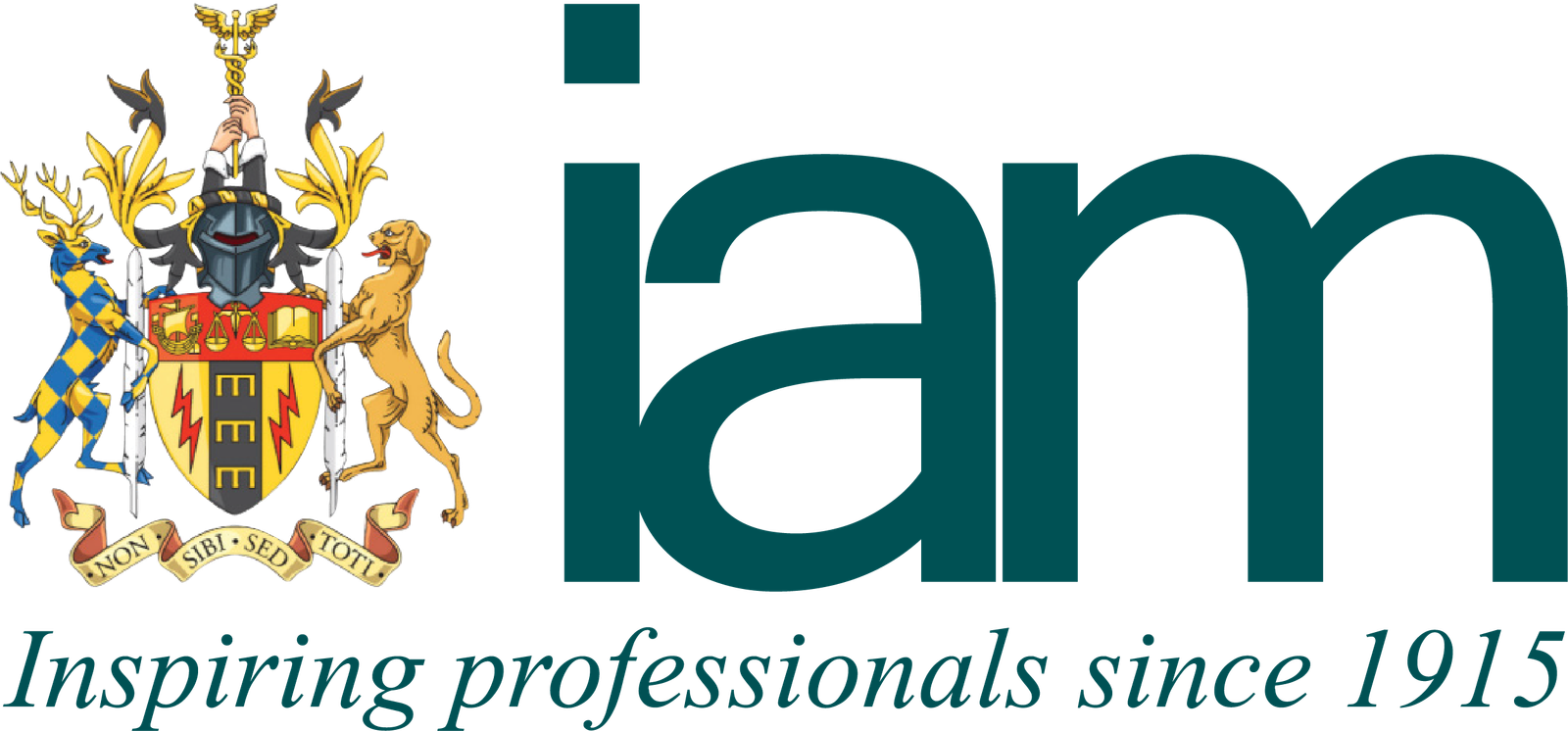

This Modern Slavery and Human Trafficking Statement is a response to section 54(1), Part 6 of the Modern Slavery Act 2015 and relates to actions and activities for the financial year ending 2023. The IAM is committed to ending slavery and human trafficking violations in its own operations, its supply chain, and its products. We have zero-tolerance towards slavery and require our supply chain to comply with our values.
As an exemplary professional services firm, IAM is committed to addressing modern slavery risks in our business and our supply chain. This statement describes the actions taken to address these risks during the calendar year 2023. This, our primary modern slavery statement, sets out how we have:
No infringements or violations have been identified this year in our operations or supply chain. Our processes and due diligence did not flag a single instance and we will continue to develop and strengthen our approach wherever and whenever possible in the coming year. We are committed to:
Our Human Rights Policy sets out our position in line with internationally recognised human rights principles, which include modern slavery. It is hosted on our website and circulated via digital communications. All our staff are required to comply with the Human Rights Policy, as part of their annual performance review. The Human Rights Policy is embedded in our culture through our Code of Conduct and sets the tone at every level of our organisation.
Accountability for human rights and modern slavery relating to our business resides with John Butterfield, our Chairman. Responsibility for day-to-day management of the programme is led by David Fordham. An annual review of its effectiveness is conducted together with internal stakeholders responsible for risk management and procurement. The statement is reviewed by senior management and presented to the Executive Board before being approved by the Supervisory Board. Internal Audit ensures the disclosures made in the Modern Slavery Statement and related supporting processes are in line with supporting evidence provided.
Our partner agreement template creates a contractual obligation on the supplier to comply with the Global Third Party Code of Conduct and all applicable laws. In a minority of instances, agreements may be adjusted to place equal obligations on the supplier. All other contracts with our partners will, wherever possible, contain similar concepts. We acknowledge that no agreement will cover every situation and that a contractual obligation does not necessarily guarantee compliance.
We communicate our expectations to employees and partners with regard to human rights and modern slavery and use various tools to monitor standards.
We recognise that our key asset is our people, so we never rest when it comes to securing a safe, fair, and inclusive workplace. All employees are asked to declare that they have read and understood our Code of Conduct, which makes clear the types of behaviors we expect.
Our SpeakUp email is available to any individual who comes across unethical behavior displayed by an employee or third party. The email is shared by way of several channels, including posters, performance reviews, and human resource email signatures. Efforts are made to raise awareness of slavery through mandatory training and onboarding materials.
Despite the risk of further lockdowns, we will continue to work closely with partners, including learning centres, to minimize the financial impact on partners and provide stability. Human rights are central to our supply chain approach and are included as part of our annual feedback report. Due diligence is performed at every stage of the procurement cycle, from initial evaluation to contract management and ongoing relations.
For supplier personnel in the UK, risks are relatively low due to the legislative context. Given we operate in an international context, the need remains for us to remain vigilant, and in particular to closely observe vulnerable groups. We expect all suppliers to adhere to our standards.
Typical suppliers of services would include airlines, hotels, waste disposal, and software providers.
The main risks associated with our procurement of goods tend to be indirect. We are transparent about our expectations towards third parties, adopting measures and policies to protect human rights. Typical suppliers of goods would include cleaners, caterers, promotional merchandise, and IT hardware.
The effectiveness of our human rights and modern slavery programme is dependent on our personnel having a clear understanding of the subject, as well as its importance and value. During 2022 we will continue mandatory training for our employees. We have also committed to revisiting and refreshing modern slavery training on a triennial basis. In 2023 we plan to launch a microsite where our people can report issues, propose improvements, and access advice and support on matters related to modern slavery risks.
This year we aim to enhance our modern slavery programme. We will set new commitments as the year progresses and make progress on those currently ongoing.